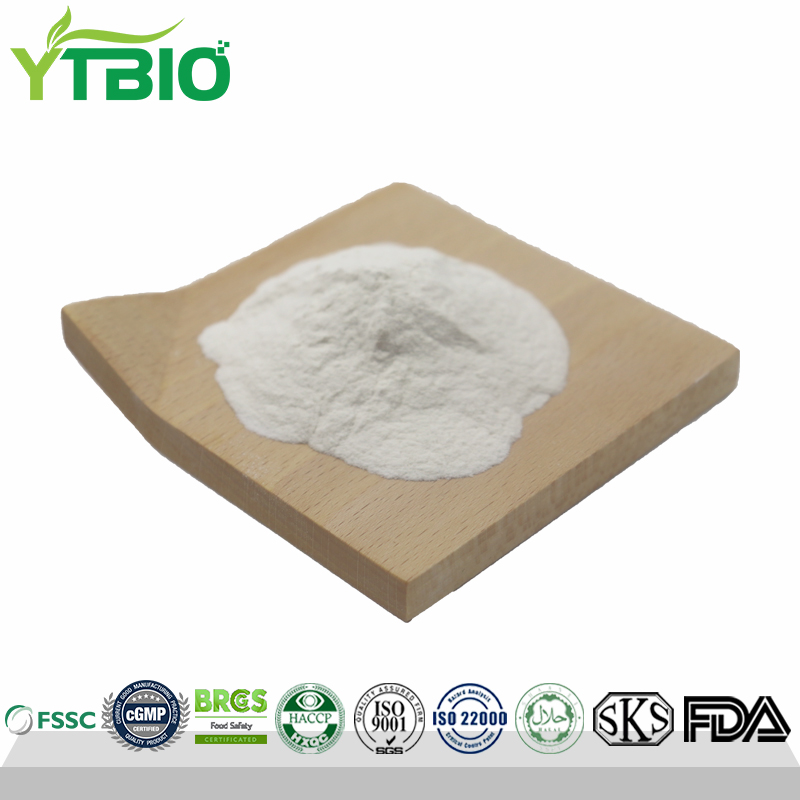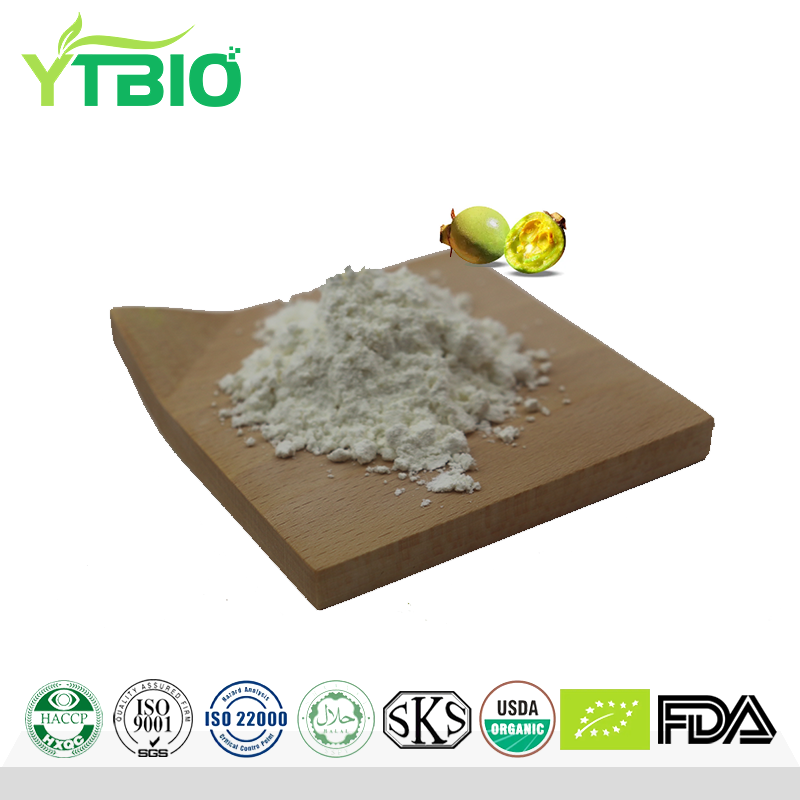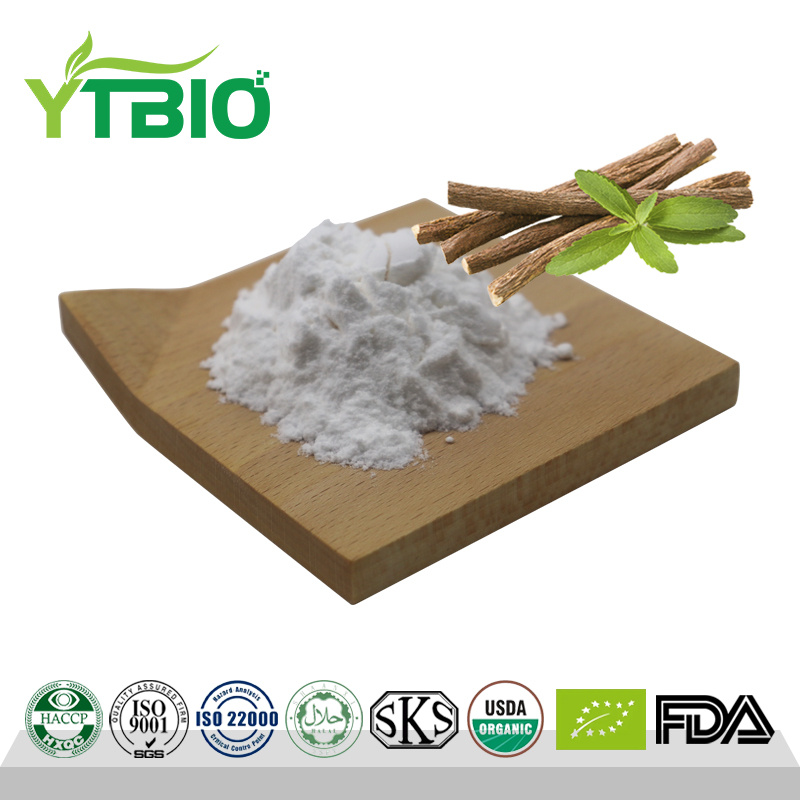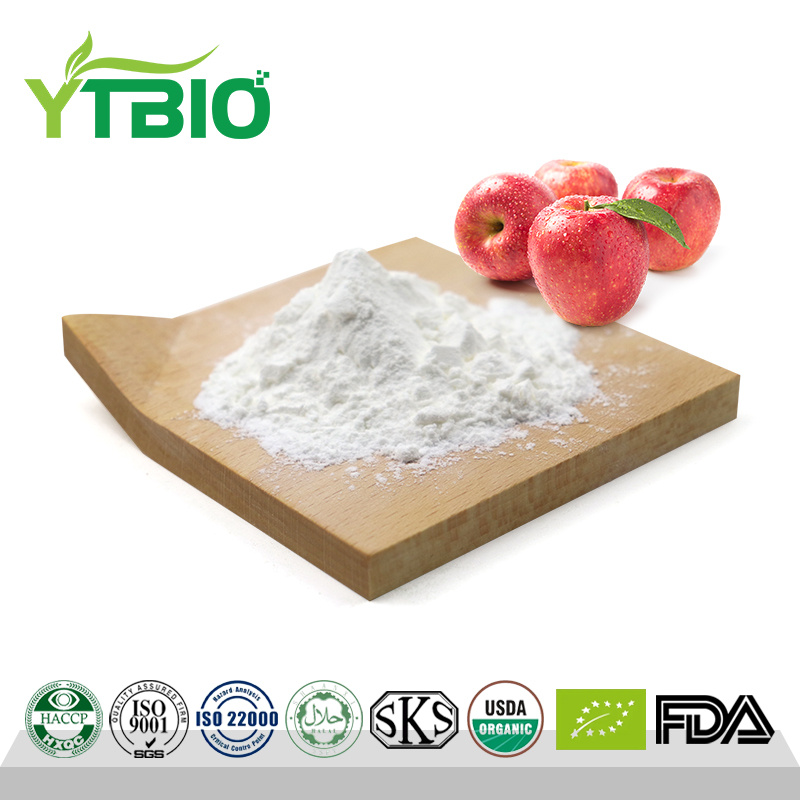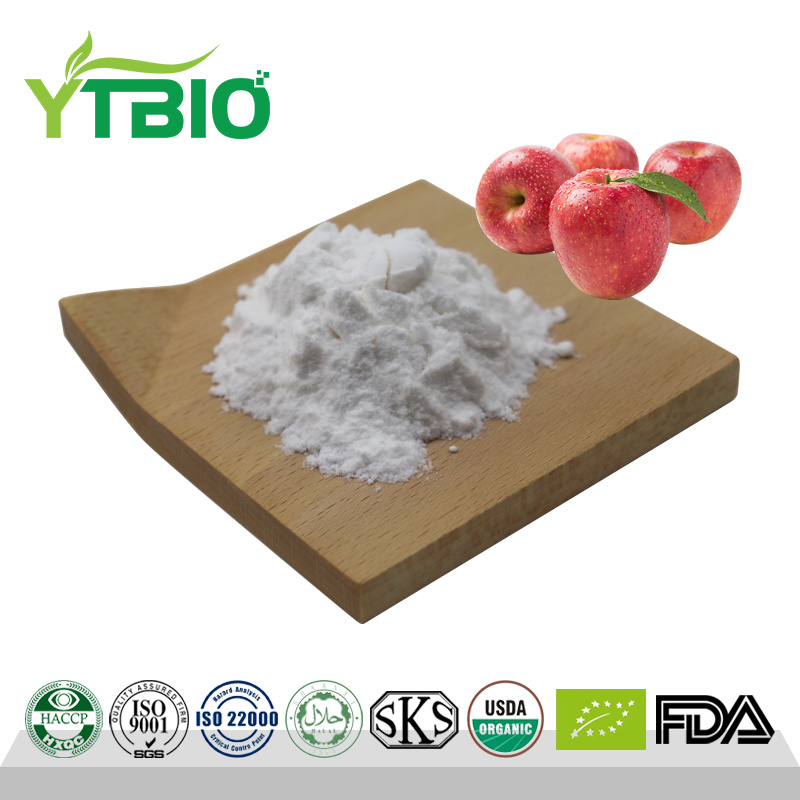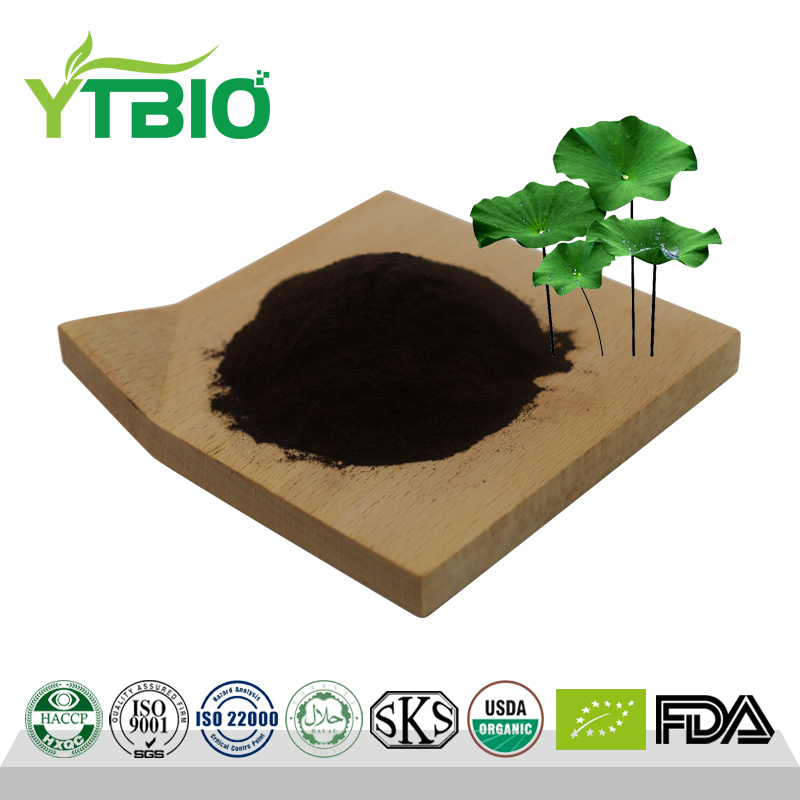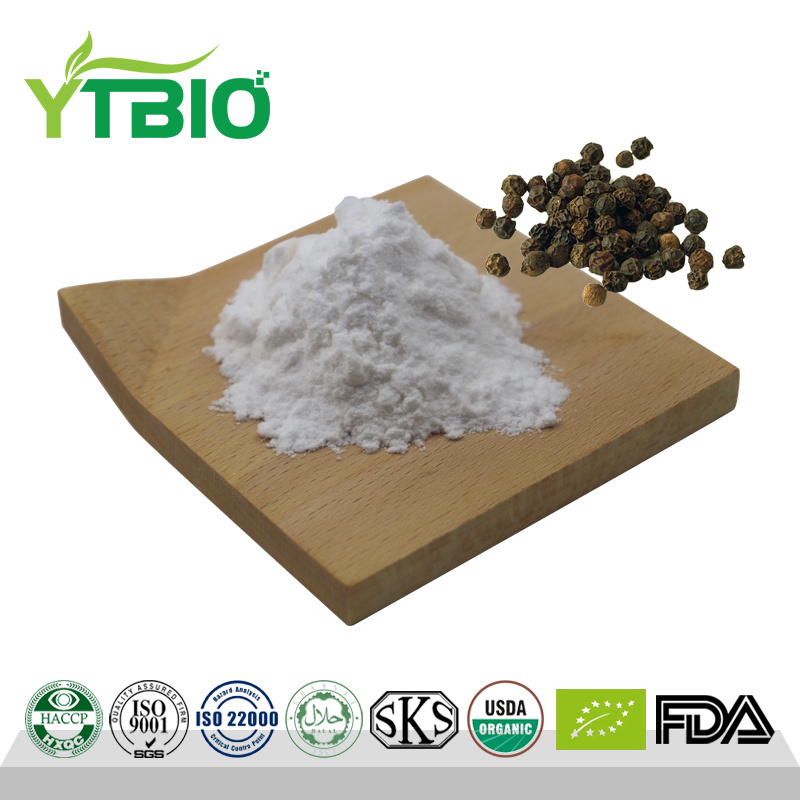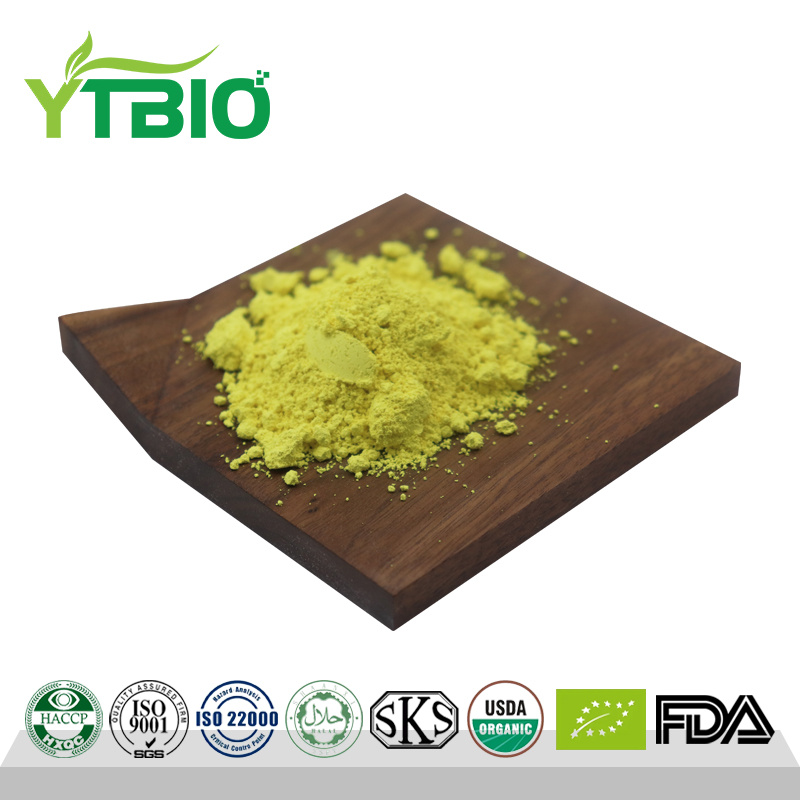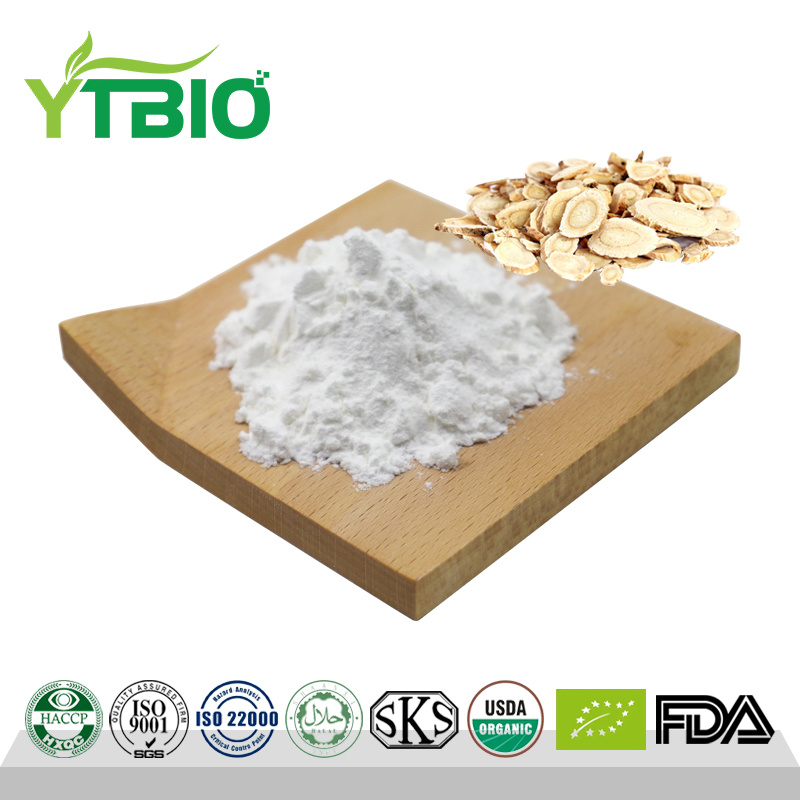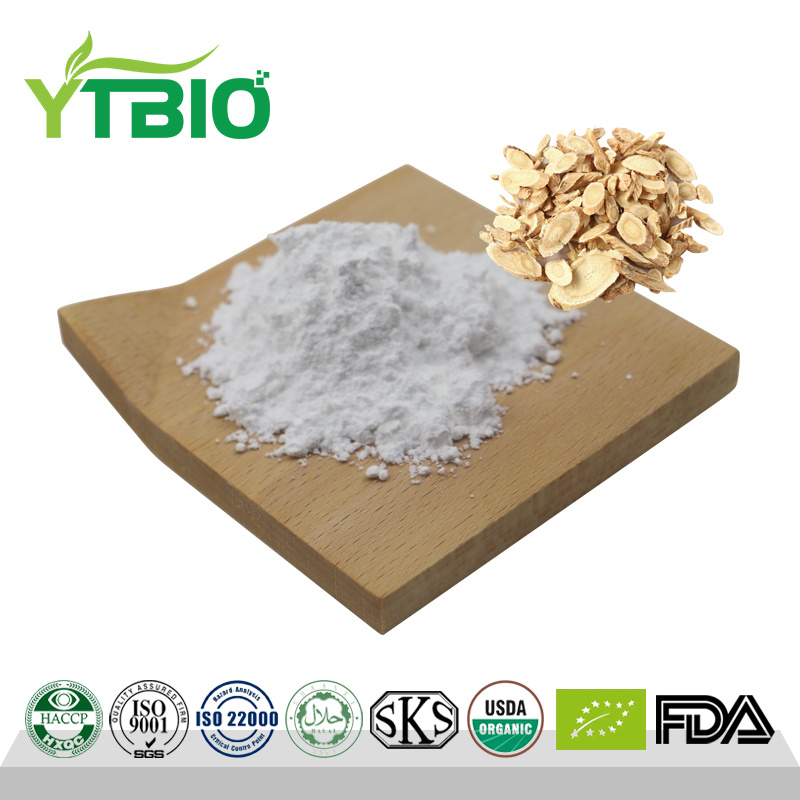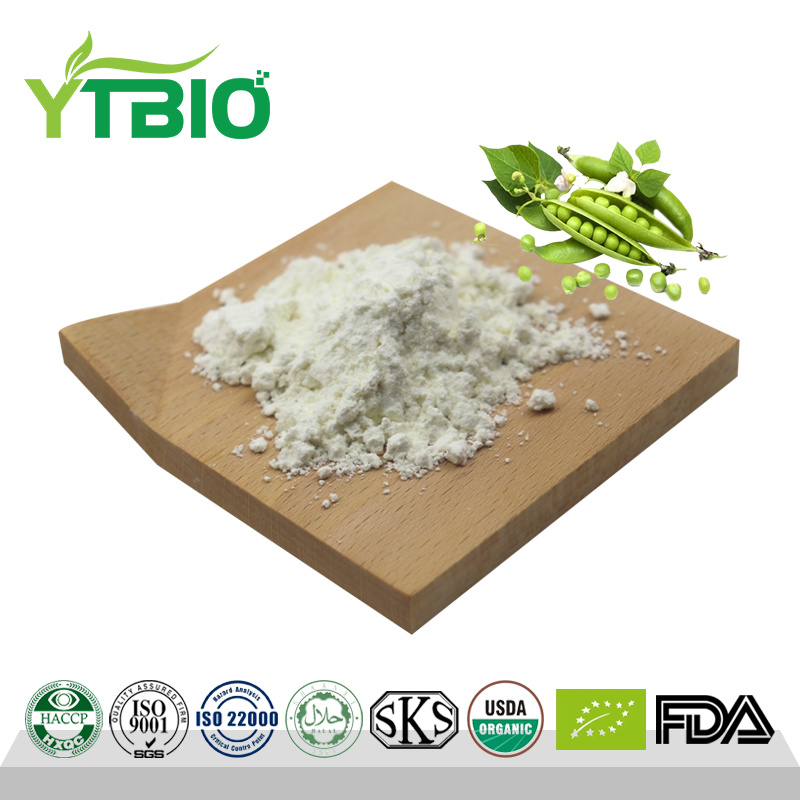Pea Extract Pea Protein Powder
What is pea protein?
Pea protein powder is a high-quality plant protein refined and extracted from yellow peas (Pisum sativum) using modern low-temperature and low-pressure techniques. As a complete protein, it contains all eight essential amino acids required by the human body. The extracted legumin protein is similar in nature to casein found in dairy products, making it an ideal ingredient for creating vegan alternatives to cheese, yogurt, and other dairy products. Unlike soy protein, which may be controversial due to its genetically modified variants, pea protein is non-GMO and has the added advantage of being low-allergen, making it a preferred choice for an increasing number of consumers. This natural, plant-based protein is not only rich in iron and fat-soluble vitamins (A, D, E, K) but also provides an ideal nutritional boost for drinks like smoothies and shakes. Studies have shown that pea protein has unique benefits in promoting muscle growth, controlling weight, and maintaining cardiovascular health. Its distinct amino acid profile gives it superior health benefits over regular plant proteins, making it a high-quality protein source that balances both nutrition and functionality.
Mechanism of action and evidence-based
Pea protein, as a high-quality plant-based protein source, is primarily extracted and processed from green and yellow peas. It is particularly suitable for vegetarians, as well as consumers who are allergic to milk protein or have lactose intolerance. It is worth noting that, similar to other legume proteins, pea protein has a relatively low methionine content. However, this limitation can be addressed by combining it with rice protein, which is rich in methionine, to create a scientifically balanced amino acid profile, resulting in a more complete compound protein formulation.
Multiple studies have confirmed that pea protein offers unique health benefits. Its abundant arginine content plays an active role in maintaining vascular health and regulating blood pressure. Hydrolyzed and purified active peptides derived from pea protein have also been shown to have significant blood pressure-lowering effects, with a recommended daily intake of 20-30 grams for optimal benefits. Additionally, as a sports nutrition supplement, pea protein, with its high levels of branched-chain amino acids, effectively supports muscle repair and recovery for athletes. These scientific findings highlight the promising potential of pea protein in functional foods and specialized dietary products.
Application direction
Pea protein, with its excellent functional properties (including solubility, water absorption, emulsifying, foaming, and gel formation abilities), has become an important functional ingredient in the food and feed industries.
In food applications, pea protein demonstrates multiple benefits: when added at a 4% inclusion level in combination with up to 10% pea flour in steamed bun production, it not only significantly improves the processing performance of the flour and enhances the nutritional value of the product, but also provides better sensory scores and effectively delays the aging of the steamed buns. Similarly, adding pea protein powder to noodles optimizes the dough properties and boosts the nutritional profile. These applications highlight the unique advantages of pea protein in improving the quality of traditional wheat-based products.

In the feed industry, the effects of pea protein show variability: although adding 35% pea protein isolate to Atlantic salmon feed can have adverse effects on the digestive system, and fully replacing soy protein in broiler chicken feed can slow down weight gain, pea protein’s ability to modulate gut microbiota through its glycation properties—especially promoting the proliferation of beneficial bacteria such as lactobacilli and bifidobacteria—demonstrates its potential to improve animal gut health. This regulatory effect on the intestinal microbiota not only holds significant implications for healthy livestock farming but also offers new insights for developing prebiotic products that promote human health.


